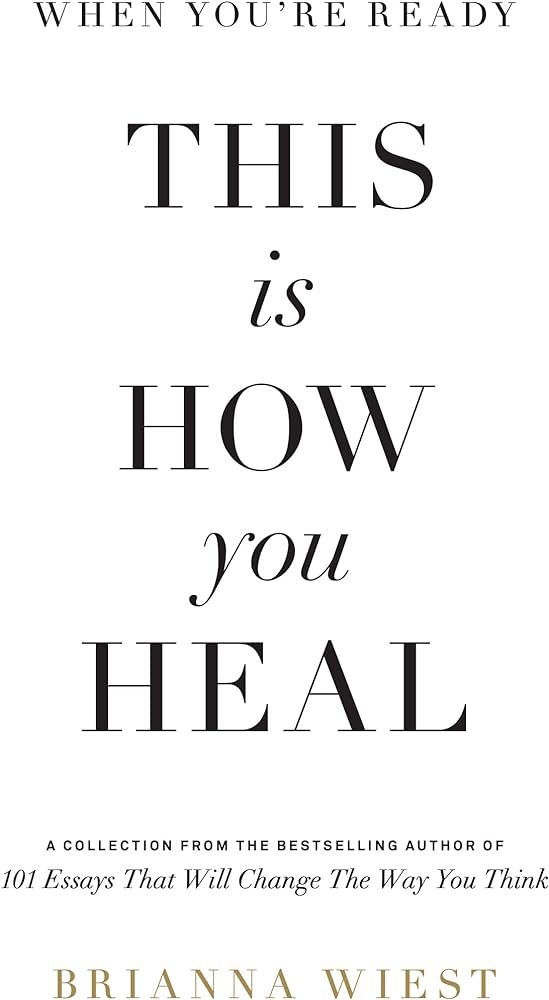Hood Feminism
- Hallie Moberg Brauer
- Oct 7, 2021
- 4 min read
Updated: Sep 19, 2024
Title: Hood Feminism: Notes from the Women that a Movement Forgot
Author: Mikki Kendall is an author, speaker, consultant, and activist who engages in conversations around race, feminism, pop culture, and the intersection of all of those topics.
What is it? A book of essays

Who should read it? Do you call yourself a feminist? This book is an important read. And if you are a white woman or white identified individual, it might make you uncomfortable at moments - which is a good thing. We hope this book will open your mind to the ways in which modern feminism fails to understand and recognize the experiences of so many women in so many essential ways.
Two minute skinny: The American feminist movement has long spent time ignoring, covering up, or simply denying its practical flaws. From the suffrage movement to third wave feminism all the way to the Women’s March on Washington, the feminist movement has not been one of inclusion and solidarity for women across racial, ethnic, socioeconomic, and gender lines. Hood Feminism is an expertly written, pointed criticism of the feminist movement for its history of exclusion and lack of solidarity with the very people it is supposed to support and liberate. In her thoughtful and biting series of essays, Kendall shines a light on modern feminism, leaving no dark corner unexamined, and leaves no cobweb untouched. Her critique of the movement is clear: it is a movement that has only recognized the issues of privileged white women, and those women have failed to include so many different types of women who so desperately need the feminist movement to be more than it has been. The breadth of topics in the essays help readers to understand how the movement has simply failed to recognize these different groups of women, and that solidarity between all women does not exist as many people think it does. And in failing to build this solidarity, the movement fails to see so many social and political issues that women face as feminist issues. By failing to see these issues in this light, feminism simply fails the majority of the people it is intended to lift up. The book gives any reader who calls themselves a feminist pause to examine what it is they really believe about their fellow humans, fellow female identified people, and how we can work together to build a better version of our society, using the tenets of the feminist movement. And while the book certainly highlights the flaws of feminism, it serves ultimately as an invitation to improve ourselves and to build true solidarity in the future.
Best Quotes: As mentioned above the essays span a wide variety of topics as they relate to race and gender equality. But we have pulled out some of the most salient and perhaps pointed quotes to hook you into learning more about what Mikki Kendall has to say:
It is essential to understand "the distinct likelihood that some women are oppressing others.... hite women can oppress women of color, straight women can oppress lesbian women, cis women can oppress trans women, and so on."
“An intersectional approach to feminism is key to improving relationships between communities of women, so that some measure of true solidarity can happen.
White American women need to, "stop acting like food insecurity is a sin or a shame for an individual and treat it rightfully as an indictment of our society."
To be a successful movement, "feminism can't afford to leave any woman behind — not cis, trans, disabled, sex workers, you name it — and their housing has to be treated as a priority by every organization that advocates for the rights of women."
"True feminist solidarity across racial lines means being willing to protect each other, speaking up when the missing women are not from your community, and calling out ways that predatory violence can span multiple communities."
Rating? Worth the Investment? This book is thought provoking, and a bit off the beaten path of traditional feminism work. It will open your mind to thinking about many different social issues and challenges facing American society through the lens of feminism. This lens highlights the glaring ways in which feminism fails so many women. Understanding this fact and overall concept will really help women who are oppressing other women begin to change the way they behave, which will hopefully change the face of feminism. We give the book a solid A, and highly recommend the time investment it takes to read it. Furthermore, we would challenge you (like we challenged ourselves) to reflect on your own idea of feminism and contemplate what is lacking or skewed.
Listen, I don’t have time to read… What's second best? One nice thing about a book of essays is that you can tackle just one (or one at a time) and still get some good food for thought. Of the essays, if you only have time for a couple we recommend:
Solidarity is Still for White Women
How to Write about Black Women
Race, Poverty, and Politics
Allies, Anger, and Accomplices
And in case you wanted to go deeper: Going deeper to understand the multitude of ways in which feminism functions in today’s society is a fascinating journey we recommend you delve into when you get a chance. To learn more about Mikki Kendall and her work, check out some of these resources and videos of her insights and other public appearances:
A 45 minute listen about the intersection of racy and misogyny:
Mikki Kendall on the Daily Show with Trevor Noah.
A 25 minute listen/watch about changing racist systems.
Blog Post by Hallie Moberg Brauer




Comments